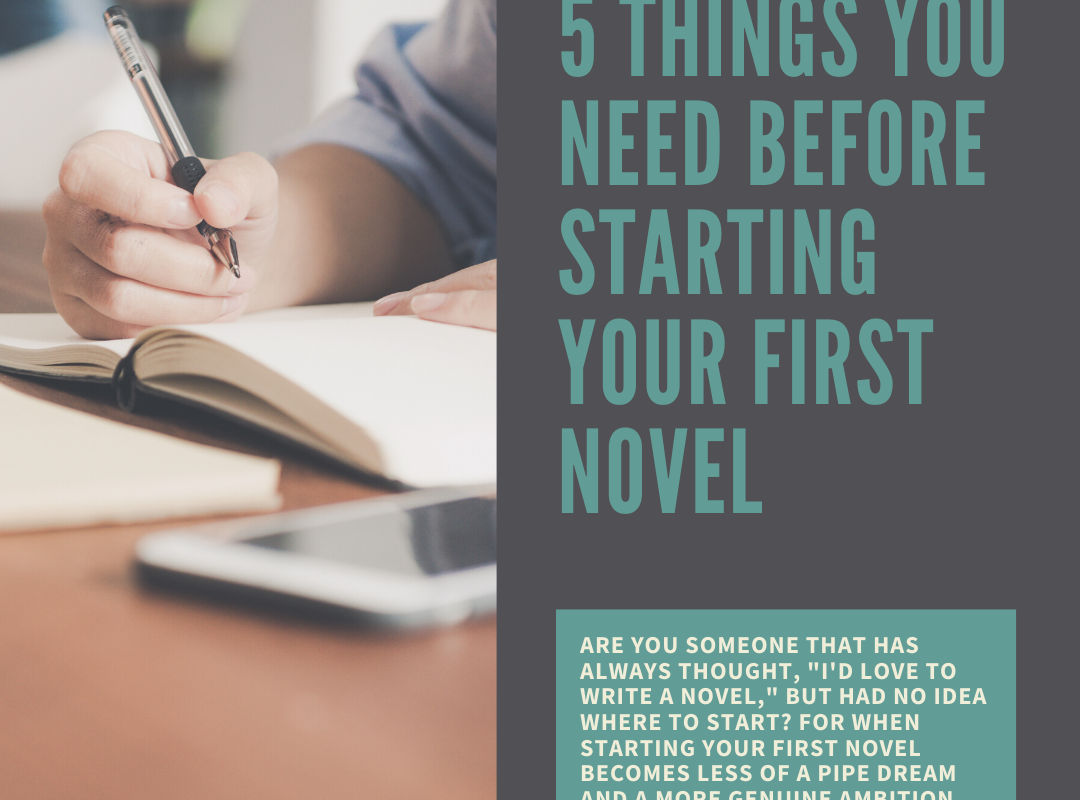In order to craft a fully three-dimensional main character that your readers will want to follow to the end, you need to have these basics in the bag…
A story needs its central character. Or characters, if your story world and narrative are broad enough to encompass more than one point-of-view. With these characters, you ought to be pouring your heart and soul into making them as real as possible. After all, they are who your readers are going to follow throughout your story. Often, your main character (s) will evolve during the writing and development processes. But there are (at least) five things that you ought to have designated before you put fingers to keyboard on their journey. Those things are as follows:
THEIR ROLE IN THE STORY
This might seem an odd and/or self-explanatory place to start. They’re the main character — that’s their role. No — think deeper. Are they a hero or an anti-hero, for example? Are they a romantic lead or a lovable loser? A tragicomic figure or a straight man? Having this down from the beginning will help you formulate their specific characteristics later. Such as their personality, behaviour, and relationships with other characters.
WHAT THEY WANT
I studied theatre in school, and in acting classes, it was often drilled into us the question, “What does your character want?” Stanislavski had a point and it transfers into creating characters in literature too. Your main character needs to have a clear desire or motivation. If I take my current work-in-progress, You Can Hear Chopin from the Attic as an example, the main character Heinrich Oeunhausen wants two things. Most importantly, he wants to protect his wife from the Nazis; his secondary want is to run his business with as little interference as possible.
In knowing what your main characters want, you can generate conflict, a crucial element to any story (and we’ll come to it a bit later in this article). It also leads you to decide how they deal with said wants. How do they go about achieving them? And how do they respond to the challenges along the way? Do they get what they want very easily? If so, how, if at all, do they lose it? It spawns an entire list of questions that, as you answer, you build a fuller, broader picture of both the story and the characters.
WHAT THEIR ARC IS
I have had occasion to refer to the very core basic of storytelling as: your character has a Point A and a Point B. Writing the story is very much a matter of filling in the gap in the middle. How do they get from A to B? It’s a very simplistic way of describing the character arc (or story arc).
In other words, from the beginning you have to know where the character starts and where you want them to end up. Like a lot of things in writing, this will change the further along you go. It isn’t always necessarily a physical destination, either; it can just as easily be a mental or emotional development. In some cases, you may find it fitting that their journey is not so much an arc, but that they come full circle. As long as it is a satisfying payoff, of course.
THEIR CONFLICT
As mentioned before, there is no real story without some form of conflict. I was taught before that The cat sat on the mat is not a story. But The cat sat on the dog’s mat is. Once you’ve fleshed out your main character out a bit, you can designate the conflict in their journey. Who or what is the conflict with? What causes or has caused it? How does it prevent the character from getting what they want?
Again, to refer back to You Can Hear Chopin, Heinrich faces conflict in both his primary and secondary wants. His wife, who is mentally ill, is at constant threat by the Nazis, who just so happen to be frequent guests in Heinrich’s hotel. Indeed, a couple of them are even close friends. With that in mind, his desire to run his business as smoothly as possible is also incommoded by the Nazis’ presence there.
WHAT MAKES THEM… THEM
Okay so maybe this isn’t a majorly important point. However, I think it’s always good to have a recurring motif or behaviour, or a centric personality trait, to help you along in fleshing your main character out. That motif may end up not being massively important in the story, but it helps you towards working out the character’s greater personality. Or it’s a part of their character that your readers can pick up on. I have written Heinrich Oeunhausen as being very conscious of time all the time (in his line of work as a hotel manager, everything has to be on schedule) so I often have him checking his watch. Meanwhile, in the Berylford novels, when designing Abel Stirkwhistle, the first thing I knew about him was that he was bad-tempered and fearsome. So, even before I turned him into the sunken, twisted old man he became, I had him walking around grumbling, grunting, snarling, and so on.
Got any other ideas? Let me know in the comments section. For more author news and views, my Facebook and Instagram pages are here. And drop a subscription to my YouTube channel to remain informed of the latest, plus some exclusives. Furthermore, my fortnightly podcast, The Dale Hurst Writing Show, is available to listen to here on Spotify.



